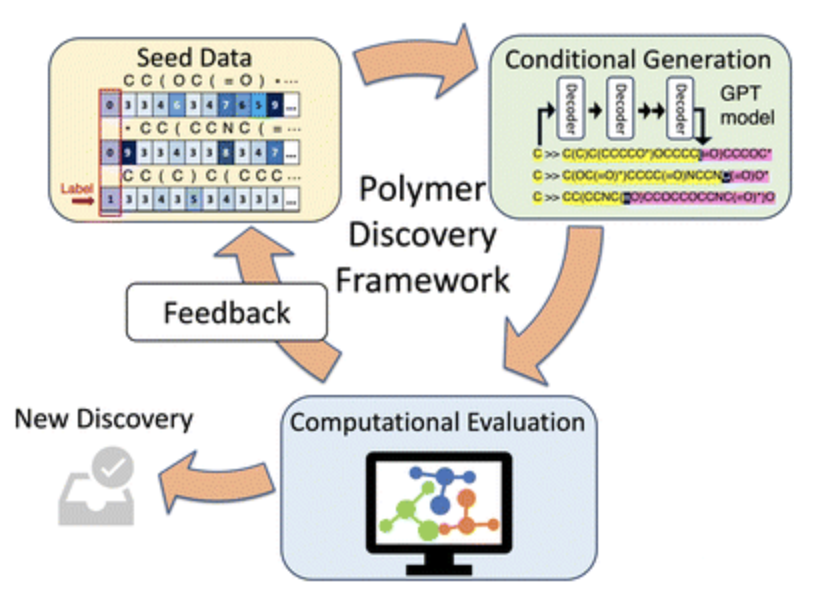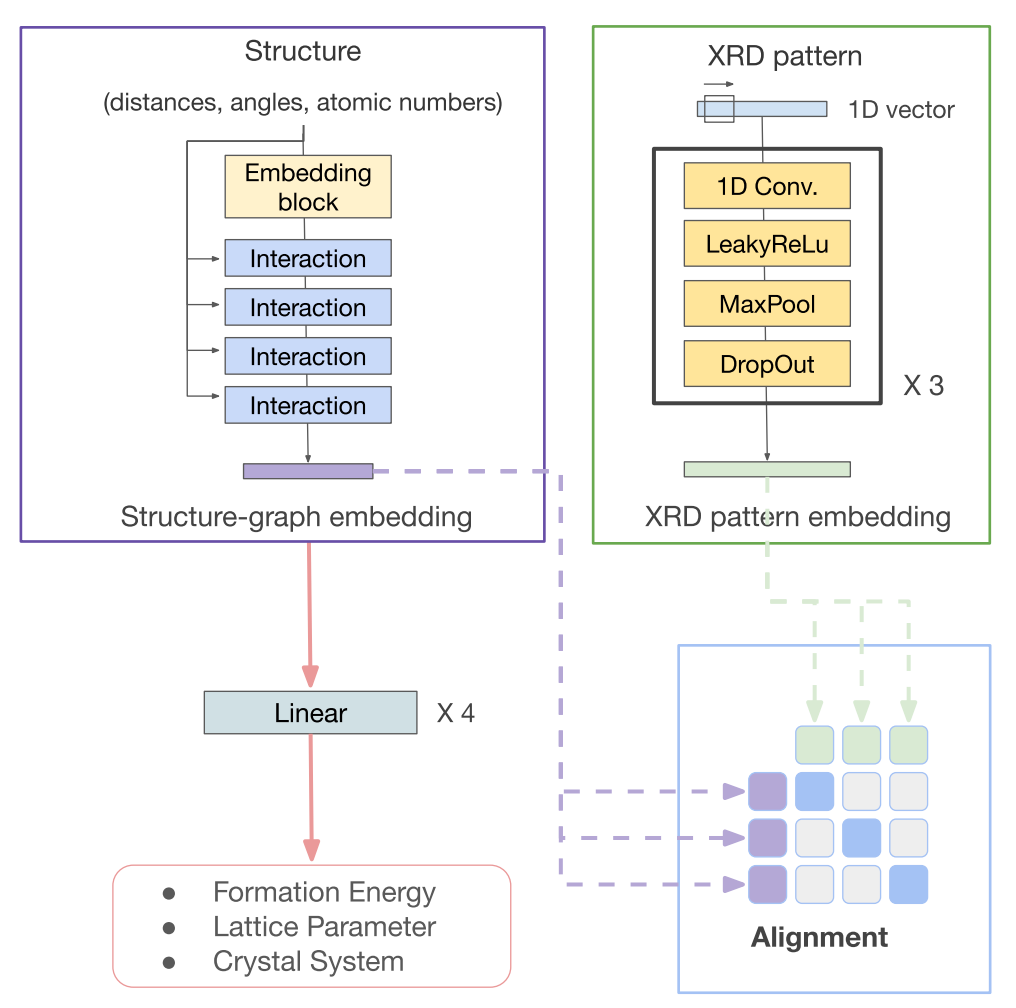
In this perspective, we highlight results of a research consortium devoted to advancing understanding of oxygen reduction reaction (ORR) catalysis as a means to inform fuel cell science. We demonstrate how targeted collaborations between different institutions from academic, national lab, and industry backgrounds and different scientific disciplines like theory, experiment, and characterization can yield unique insights into fuel cell catalysts. We comment on such insights into material designs for platinum-group-metal alloys, transition metal oxides, and non-traditional materials including metal-organic frameworks; systems that have served as the foundational building blocks for our consortium. We also motivate a renewed focus on catalyst durability in light of emerging technological requirements and paths forward in understanding in situ and operando electrochemical stability. Finally, we describe new frontiers ORR research can take and how emerging artificial intelligence tools can assist researchers in capturing data, selecting new experiments, and guiding characterization to accelerate the design and discovery of fuel cell catalysts. A main goal of sharing this perspective is to discuss the rationale for our future research plans based on our consortium work. However, we also hope to illustrate both the potential impact of a collaborative strategy with the hopes of inspiring a higher degree of Industry-Academia-National Laboratory collaboration and encourage other centers and consortiums to distill and share their findings in a similar perspective-type article. Together we hope to enable the fuel cell research community to engage in a discussion of strategies for research and accelerated development of catalysts with improved activity and stability. READ MORE


